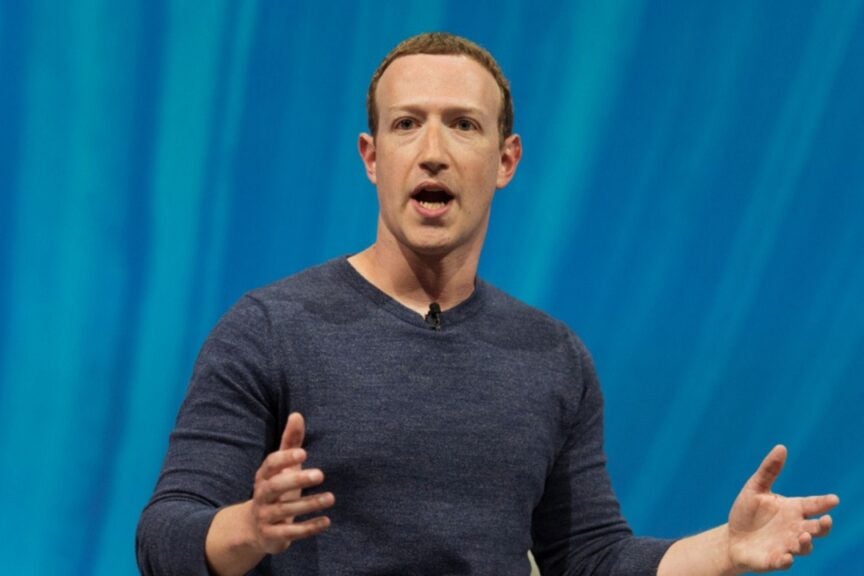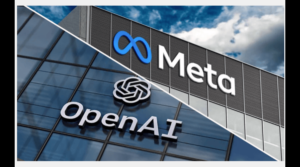Zuckerberg Predicts 2025 as the Milestone Year for AI Assistants Reaching 1 Billion Users, Targeting Meta AI

Meta Platforms, known by its stock symbol META, is gearing up for significant changes as it enters 2025. The company’s CEO, Mark Zuckerberg, recently called upon employees to prepare for these shifts in a meeting that took place just before U.S. President Donald Trump’s inauguration.
Among the notable transformations, Meta plans to revise its content moderation strategies, reshape its workforce, and increase its investments in artificial intelligence (AI). At the same time, the company aims to modify its public image.
A Shift in Content Moderation
In January, Zuckerberg revealed that Meta would be ending its third-party fact-checking program. Instead, the company is introducing a new crowd-sourced system called “Community Notes,” similar to a model used by Elon Musk’s X. This initiative encourages users to add context and information to posts, allowing for community-driven contributions.
Currently in beta with around 200,000 contributors in the U.S., this system is designed to provide context to potentially misleading posts while addressing concerns about “excessive censorship.” However, a recent study from arXiv suggests that community moderation often still depends on professional fact-checkers, raising questions about its overall effectiveness.
Changes to Hate Speech Policies
Meta is also relaxing its guidelines on hate speech and reversing some diversity and inclusion initiatives. Critics argue that such actions might weaken the safe online spaces many users rely on, potentially leading to a rise in online harassment.
Policy experts are voicing concerns that these political shifts might compromise the fairness of content moderation, which could create challenges with advertisers as well. Scott Wallsten, president of the Technology Policy Institute, noted that platforms often adapt to political pressures and have to make difficult judgments that can please some users while alienating others.
Political Realignment and Leadership Changes
Meta’s adjustments reflect a clear political realignment. Following a $1 million donation to President Trump’s inauguration fund, the company has seen notable leadership changes. For example, Joel Kaplan, a veteran Republican lobbyist, has taken on the role of chief global affairs officer, and UFC CEO Dana White has joined the board.
Analysts warn that these moves might undermine Meta’s commitment to unbiased content moderation. Brendan Nyhan, a political scientist from Dartmouth, observes that these changes exemplify a trend where influential organizations appear to cater to powerful political figures out of fear of repercussions.
Operational Changes and Future Investments
Meta’s restructuring, initiated in late 2022, aims to streamline resources for essential investments in areas like infrastructure, monetization, Reality Labs, generative AI, and regulatory compliance. The company is significantly ramping up its investment in AI, projecting its capital expenditures to surge from $39.23 billion in 2024 to between $60 and $65 billion in 2025.
Zuckerberg has expressed confidence that an AI-driven assistant could attract one billion users by the end of the year, propelling Meta to lead in the open-source AI development arena.
As Meta navigates these considerable changes, the company continues to adjust its strategies in content moderation, workforce structure, and public perception while investing heavily in AI technologies—reshaping its future in the competitive digital landscape.






